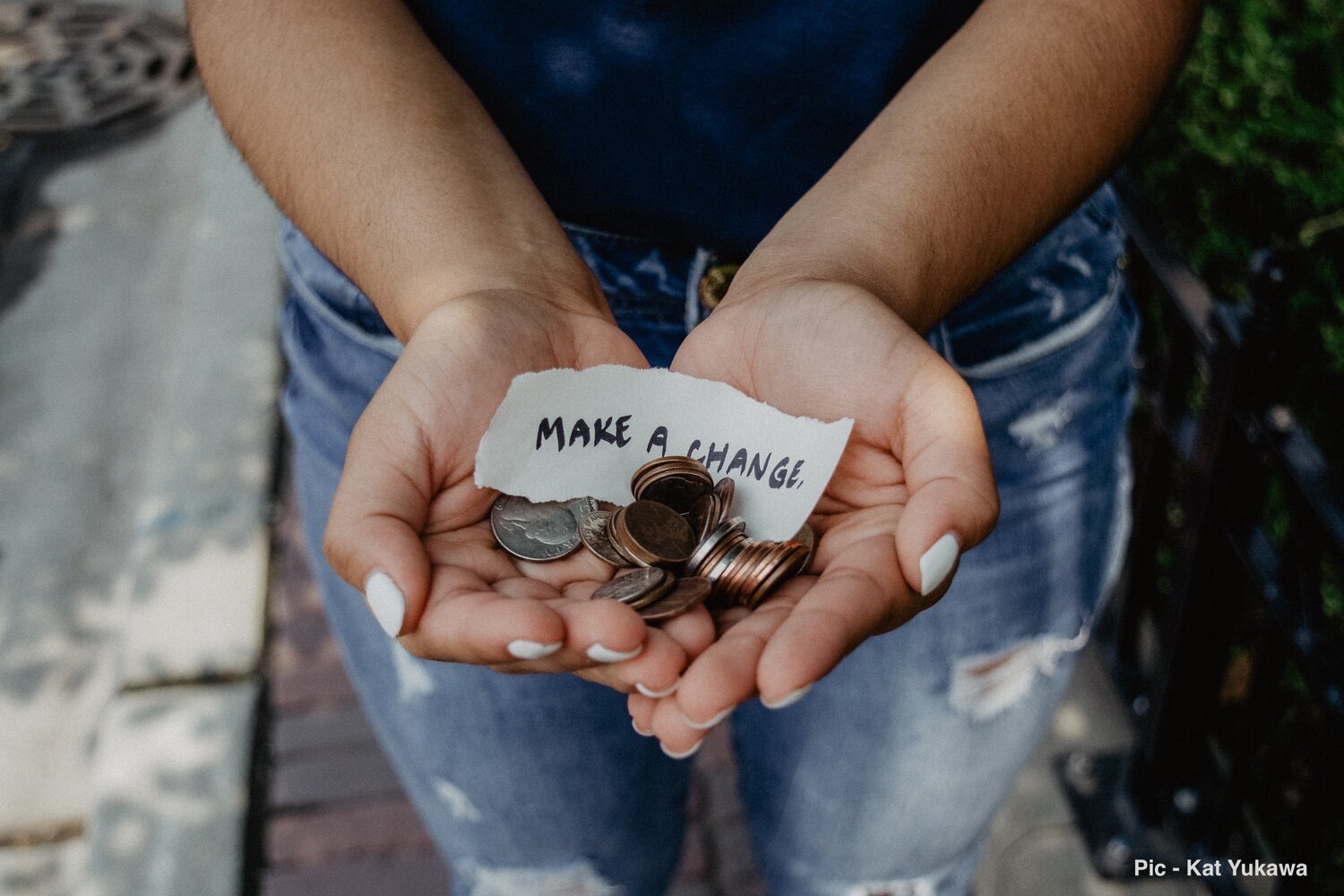When COVID-19 started, many of us thought it was a very inconvenient thing that would last a few weeks, and then like the flu would be gone. In fact it was a bit of a novelty and had us glued to the screens like we were watching any other major natural disaster.
But then something happened. We all started to realise that this was not a small inconvenience, it wasn’t going away in the next few weeks. Or months. And now we are left wondering if this will ooze itself over years.
There’s no escaping the fact that over the coming years it will have a profound ongoing impact economically, and will also cause horrendous strain on the already insufficient mental health system. Sadly, we just have to accept that and find a way to cope.
Then we started hearing things like ‘now more than ever…’. This call out attached itself to resilience, leadership, coping skills, IT, remote learning, remote working, resourcefulness – you name it! But my question is ‘why now more than ever?’.
If we look over history, there have been some really crappy things happen. Wars, other pandemics, terrorism, the holocaust – again the list goes on and on. These things induce a massive sense of urgency to ‘fix things’ so we can get back to our normal lives. They also induce a massive sense of chronic despair.
This time is no different – we just live in a different age of technology and logistics. This time we are suffering so badly with disconnection, yet we have never been so bombarded and surrounded by quick fix connection solutions – and let’s give a big shout out to Zoom!
Despite the immediacy of virtual connection (which I know isn’t the same as physical connection), daily I see suicide rate increases, videos on social media from friends confessing to not managing, and images of the horrid violence humans are inflicting on one another – all under the banner of ‘I can’t cope’.

SO BACK TO MY QUESTION ‘WHY NOW MORE THAN EVER?’
I’m going to target this question at stepping up and being a champion for others. Why do we wait for crap to go down – and I really do mean BIG shit!
Why does it take extreme adversity to make us act; to share our gifts with the world?
I was interviewing Rachel Dayoub yesterday for my Get Off The Bench podcast. Rachel set up a self defence initiative for women after she was stalked by two men and she feared for her life. You can hear that episode in October when she tells us about Whispering Force.
Sometimes we have a great idea to help others but don’t do it due to fear, self-doubt, not knowing where to start – you get the point. And sometimes we are confronted with a life-changing situation, and THEN we step up.
Now don’t get me wrong, this didn’t cross Rachel’s mind until she was confronted with it, so I think she did her part in a wonderful way. But some of us KNOW already there is a need to step up for others, and we don’t act. Why?
Why are we not champions every single day? Why do we say things like “Somebody should do something”. There is a great saying about that, and it finishes with – ‘Hang on, I am somebody – I should do something’.
We need champions, every single bloody day of every single week of every single month of every single year! So why not become one now?

Why are we always waiting for other people to step up, the whole time picking fault at those who do?
Because we always believe that we don’t have the power ourselves, or the skills, strengths, knowledge or capacity, to do it. And the one that grates me to the core – I’m not qualified!
Every single person has a champion within them, and every single person can make the world better for at least one other human being. Special people don’t make change – change happens when ordinary people step up to become the extraordinary person they have always been but didn’t know it or believe it.
So we don’t need champions ‘now more than ever’, we need more champions – period!
What will you do today that puts you back in control, and simultaneously creates a better world?


